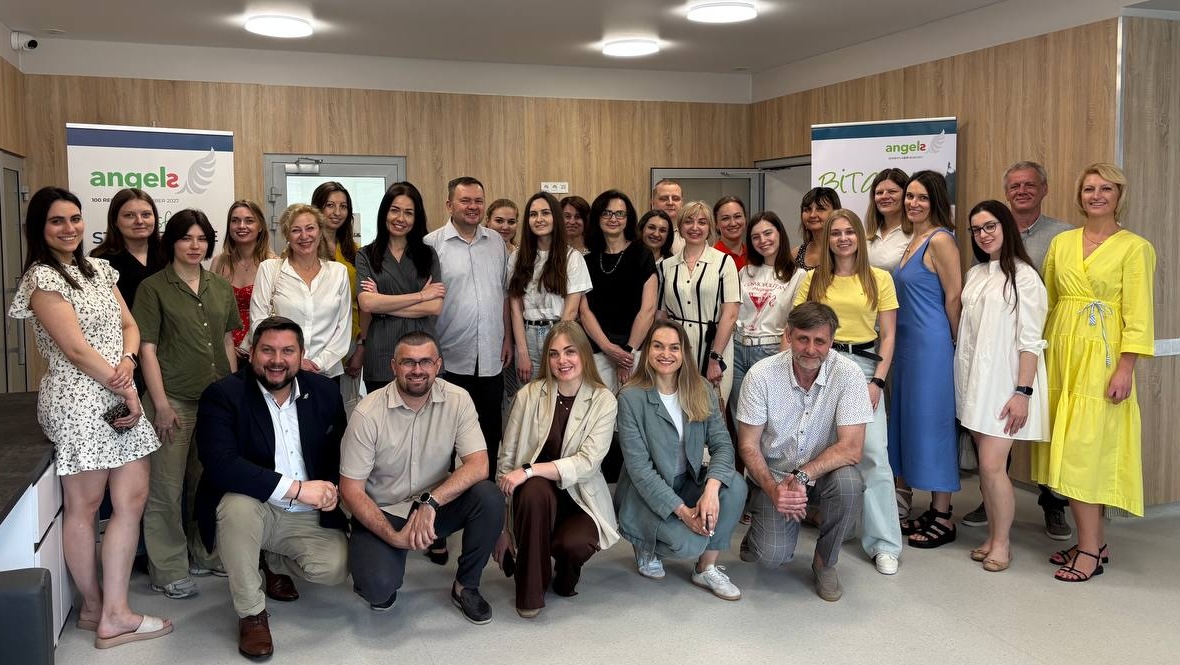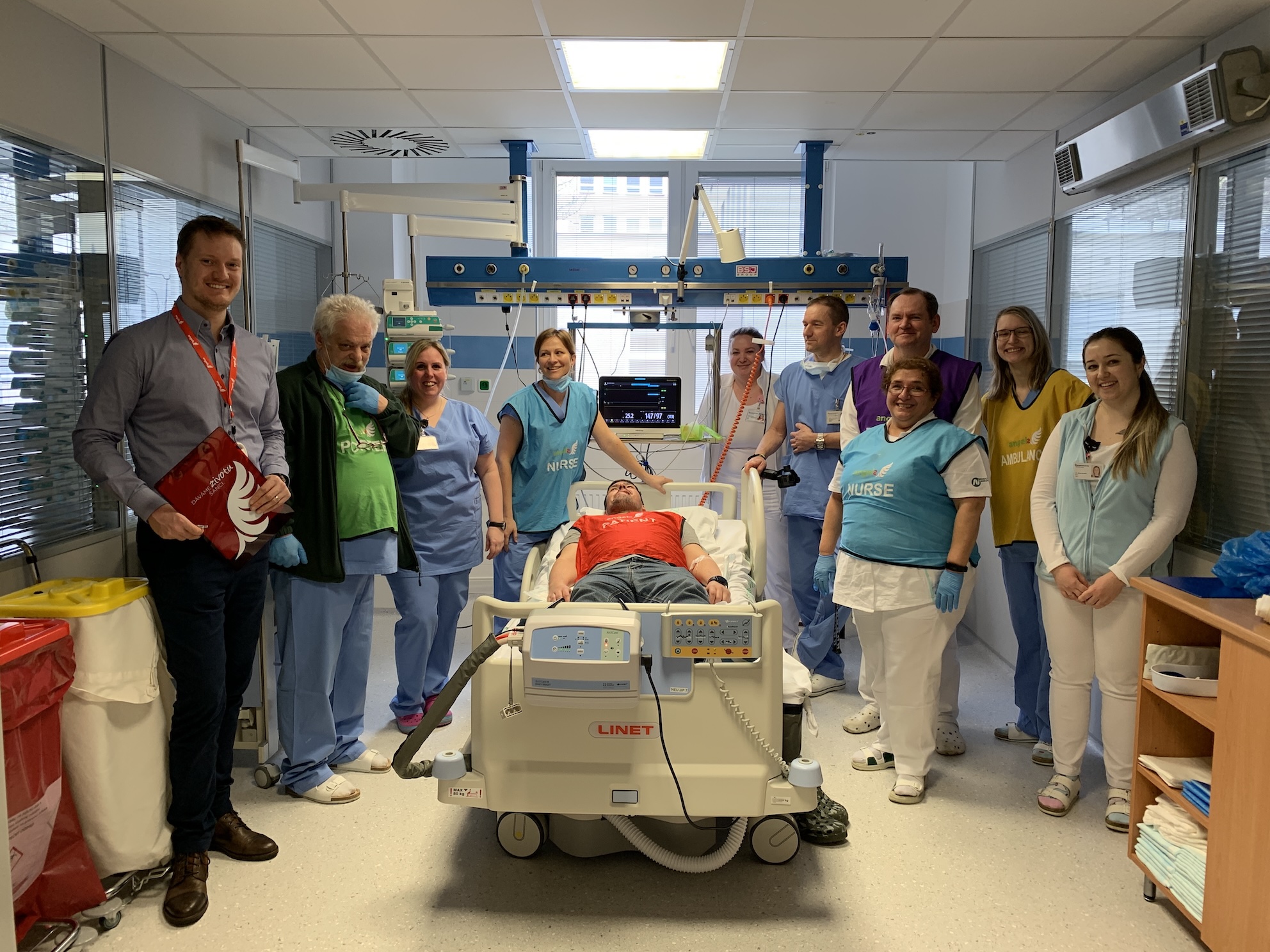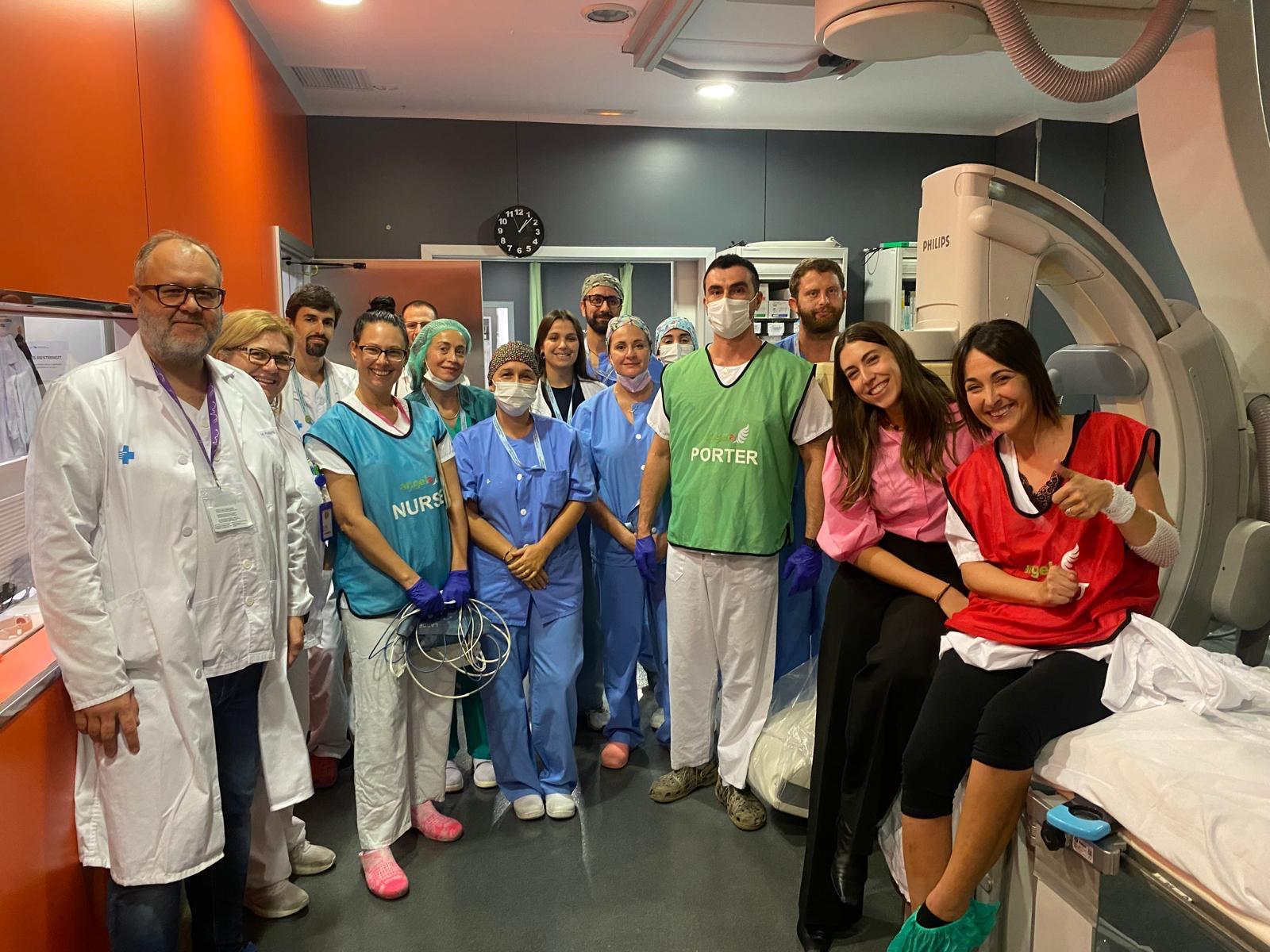El CV del Dr. Marco Longoni, con las 19 páginas organizadas de principio a fin, es de más de cinco metros y medio o de casi 7000 palabras. Se abre con su formazioni, una larga y precisa lista de cualificaciones que incluyen el título de medicina y cirugía obtenido con distinción en laUniversidad de Milán-Bicocca; su residencia en el Hospital SanOLOGÍA en Monza; el diploma de posgrado en neurología obtenido con las marcas completas; la beca de Heidelberg con el Dr. Werner Hacke; seis años llevando a cabo actividades de diagnóstico neurovascular e intervención en hospitales de Milán y Lecco; el diploma en radiodiagnóstico de la Universidad de Pavía, de nuevo con marcas completas, y, más recientemente, un curso de formación de gestión para directores de estructuras complejas en Romagna.
La descripción de su experiencia laboral es considerablemente más larga, incluso excluyendo la sección sobre actividades de atención clínica, que enumera en detalle los procedimientos y otras actividades realizadas en hospitales de toda la región de Lombardía, y desde 2019 en Emilia-Romagna, donde es el director de la unidad de ictus de Cesena-Forlì.
Hay una sección importante para las actividades organizativas y de gestión, una larga lista de compromisos de enseñanza y un informe aún más largo de su participación en cursos y conferencias nacionales e internacionales.
Todo lo cual demuestra que, uno, el Dr. Longoni ha estado trabajando a un ritmo furtivo durante al menos los últimos 24 años. Ha destacado en todo lo que se ha inscrito y ha mantenido un registro meticuloso de sus actividades y logros, más evidencia de una naturaleza concienzuda.
Este exhaustivo documento también habla del cambio de triunfador a líder hace cinco años, y de la oportunidad de combinar el valor de los conocimientos y la experiencia de más de dos décadas con una función administrativa y organizativa de considerable complejidad.
La unidad de ictus de Cesena-Forlì se reúne en una única unidad operativa dos departamentos de neurología ubicados respectivamente en el Hospital Bufalini de Cesena (un centro integral con siete premios de diamante Angels de la ESO) y el Hospital Morgagni-Pierantoni de Forlì. El Hospital Bufalini es el centro de referencia para otros dos hospitales radiales, concretamente el Hospital de Rímini, en la zona del mar donde vive la familia Longoni, y el Hospital Santa Maria delle Croci en Ravenna.
Desde 2019, el Dr. Longoni ha modificado la estructura organizativa del ictus para las provincias Cesena-Forlì y Rímini y ha mejorado y ampliado el servicio neurológico en los tres hospitales. Desde principios de 2021 hasta mediados de 2022, llevó un sombrero extra como director provisional de la Unidad de Neurología de Rímini, que ha obtenido un premio de diamante.
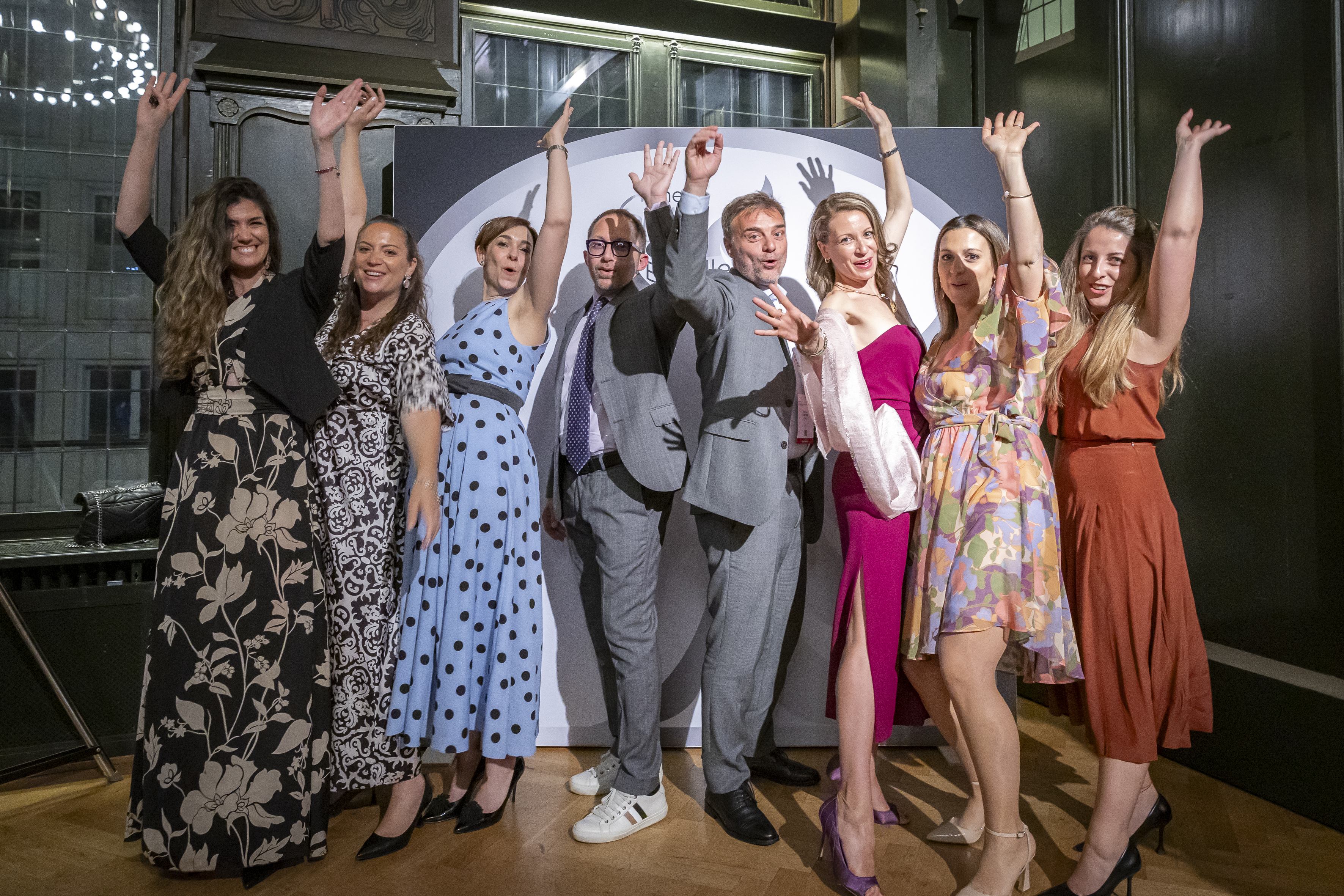
Casualidad
Tres cosas sucedieron poco después de que el Dr. Longoni asumiera el papel de responsable de cambios organizativos. Uno de ellos fue una asociación seria con Angels, que transmitió su visión y ofreció asistencia técnica. El Dr. Longoni, en su turno, aceptó la filosofía de Angels, adoptando la idea de medir los resultados y utilizar el análisis de datos para mejorar la práctica. Luego, al comienzo de 2020, el equipo de Angels en Italia, junto con el comité de dirección nacional y con el respaldo de la Asociación Italiana del Ictus, lanzó MonitorISA, el proyecto de recopilación de datos dos veces al año que está fomentando una cultura de control de calidad en Italia.
También en 2020, la Covid-19 acercó al sistema sanitario de Italia a colapsar. El Dr. Longoni afirma que era un “desorden enorme”, pero la pandemia también fue una oportunidad para acelerar el cambio. En Cesena-Forlì, la vía de tratamiento reorganizada para los pacientes con ictus fue objeto de la creación del primer servicio de urgencias de neurología en Italia y, cuando el polvo se asentado el tiempo suficiente para que estudiaran los resultados, se dieron cuenta de que habían mejorado. El servicio de urgencias de neurología estuvo allí para quedarse.
Ahora que los cuatro hospitales especializados en ictus de la red han cumplido los criterios de los Premios Angels de la ESO, las prioridades son mantenerse centrados, mantener el progreso, inculcar los mismos altos estándares en la atención prehospitalaria del ictus, apoyar la implementación de los héroes de FAST y permitir que la red prospere como comunidad.
“Los Angels siempre nos recuerdan que debemos mantenernos en contacto para tener una comunidad”, dice el Dr. Longoni. Las reuniones regionales entre los cuatro hospitales tienen lugar de dos a tres veces al año. “Intentamos tener un enfoque multidisciplinar. Compartimos nuestros mejores y peores casos y tenemos conversaciones que podrían producir nuevas ideas, nuevas estrategias y un nuevo reinicio”.
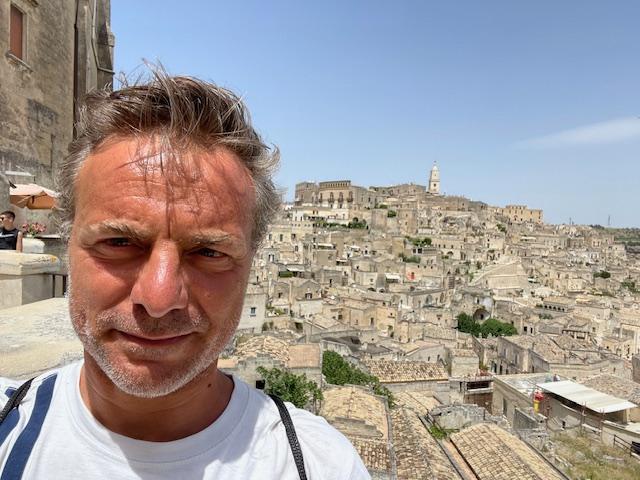
Un giro sorpresa
Si en este momento de nuestra historia habéis formado una impresión de un triunfador y superviviente de mente, preparaos para ser encantados.
Marco Longoni creció en Lecco, una pequeña ciudaden la orilla sudeste del Lake Como. Tener un hermano mayor que era “el mejor en todo” estimuló su espíritu competitivo. “Tengo que superar a mi hermano”, dice.
También tenía una mente inquisitiva. “Siempre he participado en el descubrimiento de algo. Cuando tenía un ordenador, tenía que mirar hacia dentro para ver cómo funcionaba”. Pero su propio análisis de cómo llegó al campo científico y, en última instancia, se convirtió en un neurólogo va más allá de una simple fascinación con el último superordenador: el cerebro humano.
También hubo un amigo personal —perdiendo a un amigo de 18 años por un evento cerebrovascular— y un empuje filosófico hacia la medicina y la neurociencia: “No solo estoy interesado en cómo funciona el cerebro, sino también en lo bonito que es el mundo y lo pequeño que somos en el universo”.
En su pequeña ciudad, él y sus amigos adolescentes participaron en la filosofía de Seneca (un filósofo estoico de la antigua Roma), una empresa que se hizo más fácil por el consumo simultáneo de cerveza.
Su primer periodo en el ámbito sanitario fue a los 16 años, como “un tipo de enfermero/a” en una institución benéfica de C institution en Turín. Atender las necesidades básicas de las personas, incluido lavar pacientes y cambiar catéteres, le hizo ser consciente de otro motivo para convertirse en médico: “la necesidad de cuidar de alguien y algo”.
Después de 24 años de actividad perpetua, su función de dirección le ha dado más tiempo para su familia (una unidad formada por “tres hijos, una esposa y un gato”), incluida la libertad de patrocinar el mercado local de marisco los sábados y después de cocinar en casa, pero también tiempo por su cuenta, explorando la naturaleza de su bicicleta. Prefiere dos ruedas a cuatro y “el paisaje a la ciudad”.
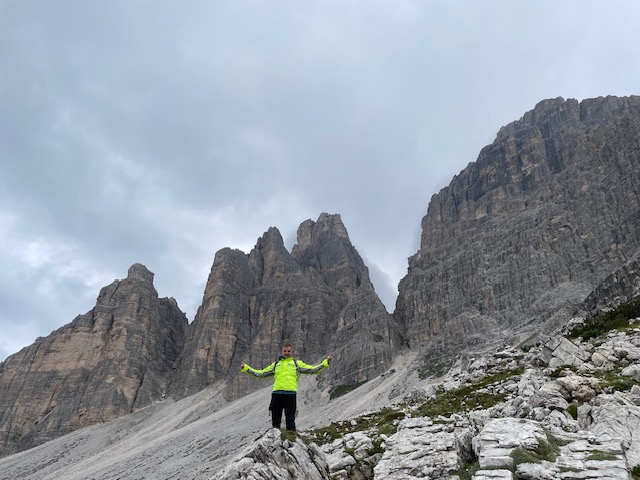
“Me gusta pasar tiempo no haciendo nada, estando solo. Me gusta ir de vacaciones en un coche de camping, descubrir la naturaleza, estar en aire libre”. (Después de todo, un principio de Seneca fue que si vives en armonía con la naturaleza, nunca serás malo).
El deporte es importante, aunque un problema en las articulaciones significa que ha cambiado de la convivialidad del fútbol a la atención plena de la natación. “Realmente valoro la natación”, dice. “Al nadar, entro en un estado mental de entrada y todo lo malo se me cae. Después de eso, soy nuevo”.
Una consecuencia del cambio de paradigma de equipo a deporte individual es que le ha convertido en su propio oponente, obligado a competir contra sí mismo.
Su objetivo muy sorprendente es dejarlo cuando cumpla 55 años, un hito que faltaba siete años, siempre que alguien se pusiera en este calzado que hiciera el trabajo mejor que él, con más energía y más poder.
Este cambio momentáneo dejaría tiempo para, decir, “hacer una maratón o vivir tres meses en una furgoneta de camperna por toda Europa. No hice eso en mis días más jóvenes, cuando viajé por Europa en tren”.
Por último, como es la norma aparente en Italia trabajar hasta los setenta, al Dr. Longoni le gustaría abrir un restaurante para que pudiera “cuidar de los demás con la comida”. No debería sorprender que espere que sea “bastante bueno”.
